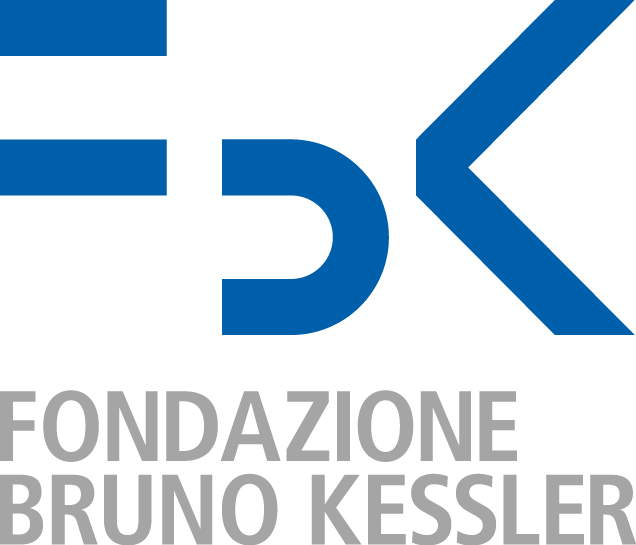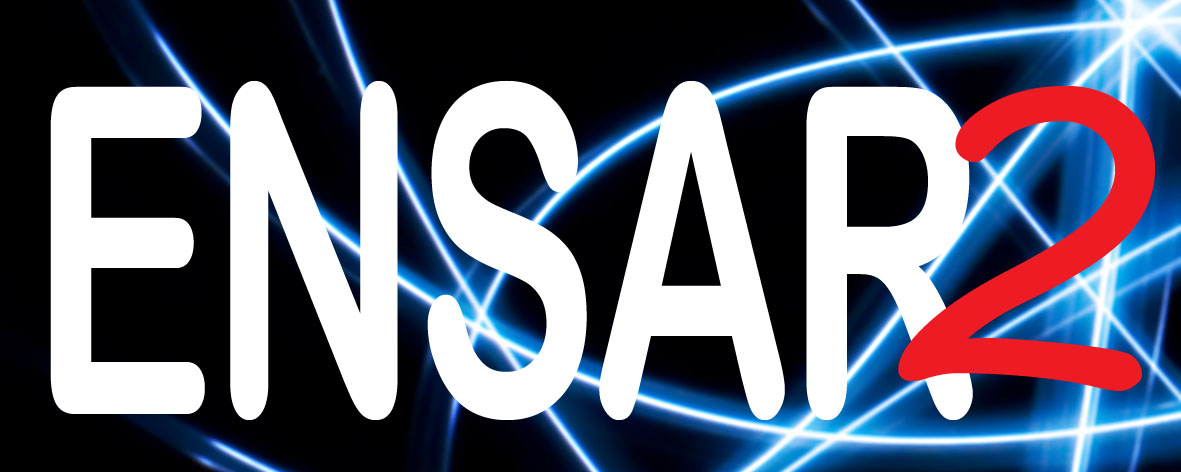Neutrini and nuclei, challenges and opportunities for nuclear theory
Meeting room
ECT* - Trento
Neutrini and nuclei, challenges and opportunities for nuclear theory
Accurate predictions of neutrino-nucleus interactions are essential to long-baseline neutrino-oscillation programs. Current- and next-generation experiments are sensitive to a broad range of energy, characterized by different reaction mechanisms involving both nucleon and nuclear excitations. Achieving a comprehensive description within a unified framework is a formidable nuclear- and particle-theory challenge. Nuclear effective field theories (EFTs), coupled to accurate nuclear many-body methods, allow for a consistent description of nuclear structure and low-energy electroweak observables. This workshop aims at assessing how nuclear EFTs can be extended to account for processes characterized by momentum and energy scales larger than the pion mass. Specific open problems, such as: how to properly include single-nucleon excitations, relativistic effects, and inelasticity, will be addressed. To achieve this goal, we bring together nuclear and hadron theorists and arrange for specialized and focused talks, best suited to spur discussions and collaborations.
Main Topics:
Current- and next- generation neutrino-oscillation experiments require nuclear physics calculations of structure and electroweak properties of atomic nuclei with quantified theoretical uncertainties. Nuclear effective field theories (EFTs) allow for a systematic derivation of the nuclear hamiltonian and many-body currents, both required to describe neutrino's interactions with nuclei. Despite this success, there are key points that remain to be determined and that will be the main focus of our workshop:
- Test the extent and validity of EFTs: we present available models for inter-nucleon interactions and consistent electroweak many-body nuclear currents from EFTs. We discuss open issues, such as, determination of the free-parameters (LECs) entering the models from both experiments and lattice QCD calculations; sensitivity of these models to cut-off variations; applicability of EFT-based operators to larger values of energy and momentum transfer.
- How to transition to regions where single-nucleon excitations, resonance-and meson-production occur : we present available phenomenological models applicable at higher values of energy and momentum transfer. We discuss open issues, such as, how to benchmark phenomenological models to the low-energy description provided by EFTs; how to consistently incorporate single-nucleon excitations, resonance- and meson-production.
- How to properly incorporate relativistic effects: we present available relativistic models and discuss how to incorporate relativistic effects retaining the complexity of nuclear dynamics. We will seek for connections with EFT-based non-relativistic calculations in the intermediate momentum-transfer region. Strategies involving controlled approximations of the nuclear many-body problem, such as the use of spectral functions and momentum distributions, will be discussed.


